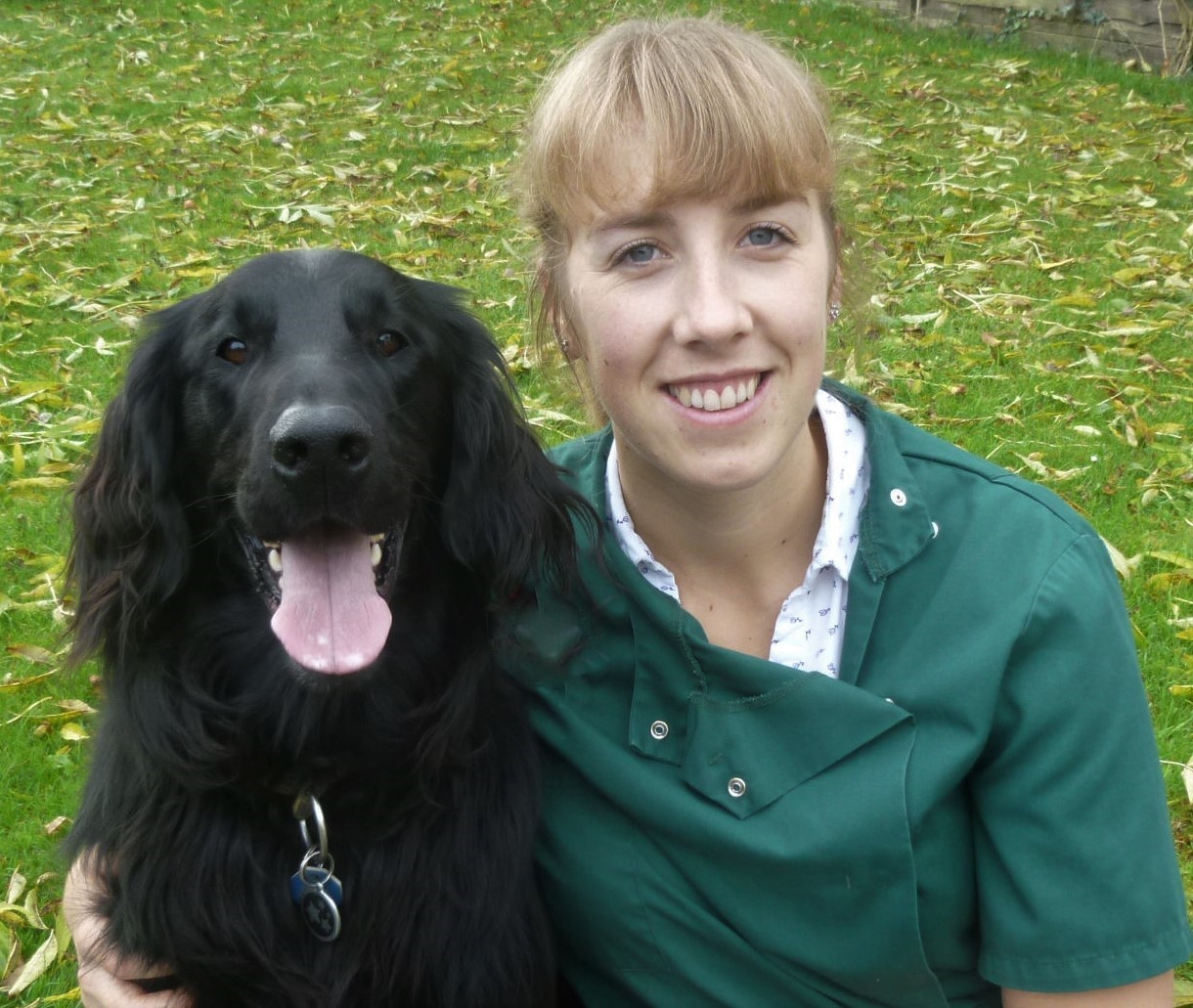7 simple ways to boost your dog's immunity
How can you help to boost your dog’s immunity? Our vet shares some top tips!

Are you looking for ways to boost your dog’s immunity? Perhaps your dog has been diagnosed with a particular medical condition or maybe he is on medication that is causing his immune system to become lowered? Some owners may just want to give their dog a little health boost, especially if they have a young pup or a senior citizen. Whatever the reason, we will explore your dog’s immune system in more detail including some top tips to help support your furry friend.
What is a dog’s immunity?
The immune system is what helps to protect us against disease-causing pathogens like bacteria, viruses and fungi. It works non-stop to try and stop problems before they occur. This means as well as being on patrol for external infectious diseases, the immune system also helps identify diseased or ageing cells within the body itself. This can help reduce the risk of certain cancers and inflammatory diseases.
However, there are times when the immune system can become compromised making your pet more susceptible to external illness, but also more prone to conditions like arthritis, asthma, cancer and diabetes.
Causes of a weak immune system in dogs
The most common causes of a weak immune system in dogs are:
- Age - young puppies have a poor immune system compared to adult animals, as it is still developing. Similarly, elderly dogs’ immunity may start to wane with age.
- Poor diet - a poor, unbalanced diet can cause nutritional deficiencies, leading to a weak immune system.
- Diseases - viral infections, for example, can cause your dog’s immune system to become weakened.
- Lack of sleep - If your pet doesn’t get enough good quality rest, his immune system may suffer.
- Medications - treatments like chemotherapy or long term steroids could affect your dog’s immune system.
- Stress - just as with people, high levels of stress can negatively impact the immune system in dogs due to increased amounts of circulating stress hormones.
- Primary immunodeficiency disorders - congenital conditions affecting the immune system are seen more commonly in certain breeds than others (e.g. Corgis, German shepherd dogs, beagles and Shar Pei's). The animal is born this way and it cannot be completely cured.
Ways to boost your dog's immune system

There are lots of simple things you can try to boost your dog's immune system. Here are a few of our favorites:
1. Exercise
Keeping your dog fit and well-exercised is one of the best ways of boosting his immune system. A lean body condition and keeping his fat levels down will help to keep certain other health conditions at bay. Plus, dogs that are received plenty of physical and mental stimulation are less stressed, which again takes the pressure off the immune system. Just ensure you are doing the correct amount of exercise for your dog’s health status – speak to your vet if you aren’t sure.
2. Feed an appropriate diet
If you are feeding a good-quality complete diet that is appropriate for your dog’s age and size, then your dog should be receiving optimum nutrition. Always choose a manufacturer that employs a veterinary nutritionist, to increase your confidence in the claims made by that diet.
Get the best advice, tips and top tech for your beloved Pets
Homemade diets should be avoided as there is a high risk of nutritional imbalances and deficiencies unless you are feeding under direct guidance from a specialist veterinary nutritionist. Check out our best dog food guide for inspiration.
3. Consider supplements
Nutritional supplements can be useful in certain cases. Probiotics can naturally boost the immune system by supplementing the guts with good bacteria. This helps to compete against potentially harmful bacteria like Salmonella. Omega-3 fatty acids can support immune function, as well as promote healthy brain function, joints and coat condition. More research is needed in this area though. To learn more about prebiotics and probiotics for dogs, this feature is a good place to start.
Never be tempted to give your dog your vitamins or supplements, as you could inadvertently do more harm than good
4. Ensure preventative care advice is followed
While preventative care won’t actively boost your pet’s immune system, it will help to protect animals who have weakened immunity. These animals will be more susceptible to infectious diseases and parasites than a healthy adult dog, so routine worming, de-fleaing and vaccinations are important (unless your vet advises you otherwise).
5. Avoid raw diets
Raw diets aren’t recommended in puppies due to their immature immune systems and the high risks of contracting an infectious disease. The same principles apply to adult dogs who have a weak immune system. There are significant risks when feeding raw food to your pet, as demonstrated by various studies. These include the bacteria E.coli, Salmonella and Listeria, which are associated with food poisoning in people and are part of the reason we cook our food before eating it. Certain parasites such as tapeworms can also be contracted from eating raw meat too. Animals with a weak immune system will be more likely to become unwell when coming into contact with these infectious agents, so raw diets should be avoided.
Another study also points toward nutritional deficiencies in 60% of dogs fed on a raw food diet, so if you want to make sure your dog is receiving the correct nutrition to support his immune system then you would be better off looking at a good-quality commercial diet.
6. Consider complementary therapies
Complementary therapy like massage or acupuncture could help to boost your pet’s immune system. There are proven health benefits in people so the same could apply to our canine friends. Reducing levels of stress hormones can help to boost immune function.
7. Good hygiene
Keeping your pet clean, as well as the environment in which he lives, will help to support his immune system. This doesn’t mean bathing him every day (which could actually cause problems in itself) but does mean making sure his coat doesn’t become too dirty, that his toys, food and water bowls are regularly cleaned, and that he lives in a smoke-free environment and that you clean up his waste in the garden regularly.
Conclusion
The immune system is what helps protect us from disease. This can be weakened in some individuals, so it’s important to give these animals extra support where we can. Speak to your vet for specific advice if you have concerns about your dog’s immune system.
Rebecca is a veterinary surgeon who graduated from the Royal Veterinary College in London in 2009. She enjoys medicine in particular and she is proud to have achieved a BSAVA postgraduate certificate in small animal medicine (with commendation) from Nottingham Trent University in 2021.
She has a wealth of experience in first opinion small animal practice, having done a mixture of day-to-day routine work, on-call emergency duties and managerial roles since 2009.
She writes on various feline and canine topics for the Veterinary Content Company and a freelance basis, including behavior, nutrition, and health. Outside of work and writing she enjoys walking her own dog, spending time with her young family and baking!

